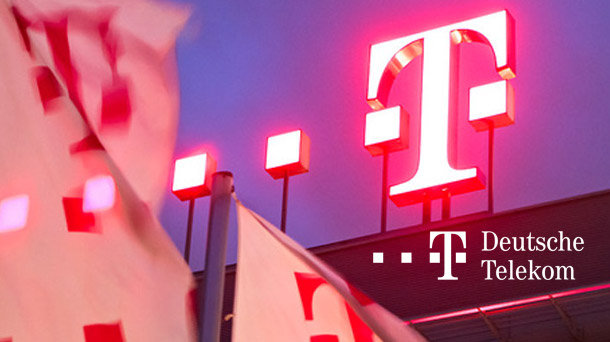FRANKFURT: Deutsche Telekom criticised Vodafone’s $21.8 billion deal to buy Liberty Global operations in continental Europe, but the German market leader stopped short of calling for regulators to block it.
Instead, CEO Tim Hoettges seized on Wednesday’s announcement to argue that regulation of Deutsche Telekom — which is required to open up its German fixed-line network to third parties at controlled prices — should be eased.
Hoettges had previously said such a deal would be “unacceptable”, triggering a public spat with Vodafone CEO Vittorio Colao.
But, with US regulators now reviewing the $26 billion takeovers of Sprint Corp by Deutsche Telekom’s T-Mobile US unit, playing the anti-trust card now seems less opportune.
“I personally will fight for fair competition for our customers, to ensure that we do not face a disadvantage, and can fight with the same weapons,” Hoettges told reporters after Deutsche Telekom reported first-quarter results.
Telekom raised its forecast for core earnings this year, thanks to the strong performance at T-Mobile, but reported a slip in revenues and flat profits due to the drag from the weak dollar.
Hoettges added that, in light of the transaction, he would seek clarification on whether the restrictions that have applied to Deutsche Telekom for the last two decades in Europe’s biggest market can be eased.
Even if the Vodafone-Liberty deal does go through Telekom, which is still 31.9 percent state-owned, would be assured of leadership in both German mobile and broadband.
Telekom has 40 percent of consumer broadband connections in Germany, while Vodafone and Liberty’s local unit Unitymedia would have a combined market share of 30 percent, figures from the VATM industry association show.
But, Telekom argues, its rival would enjoy an unfair advantage because it would have an effective cable TV monopoly. In contrast to Telekom, the cable players do not have to allow third-party access to their networks.
Cable is also capable of faster internet speeds than Telekom, which despite investing more in ultra-fast glass fibre still depends heavily on ‘vectoring’, which tweaks the old copper-wire telephone network to boost bandwidth.
Analysts said the Vodafone-Liberty deal – which also covers Hungary, the Czech Republic and Romania – had been cleverly structured to ensure that it will be subject to anti-trust scrutiny at European Union level, and not in Germany, increasing its chances of being approved.
But they expect Telekom to fight a rearguard action, up to and including litigation, to defend its market position.
Advocates of the deal say, meanwhile, that creating strong market challengers would stiffen competition and stimulate investment as the industry prepares to roll out next-generation 5G services.
“With the merger we are for the first time creating genuine competition, because we are creating a second, strong infrastructure competitor,” Hannes Ametsreiter, Vodafone’s Germany CEO, told Reuters.
“Our rivals will be compelled to make massive investments. That’s good for the consumer and business in Germany.”

























